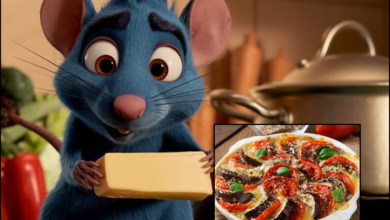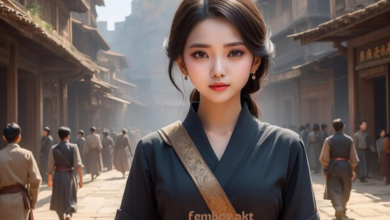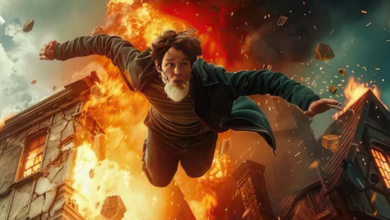Manhwafreak: An In-Depth Exploration
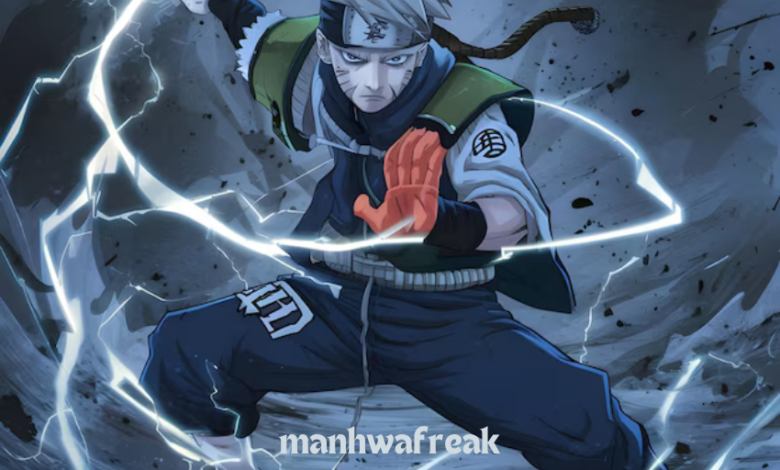
Definition and Origin
Evolution of Manhwa
Difference between Manhwa, Manga, and Manhua
While manhwa refers to Korean comics, manga is from Japan, and manhua is from China. Each has distinct artistic styles, storytelling methods, and cultural contexts. Manhwa often features vertical scrolling formats in webtoons, while manga typically uses a right-to-left reading format, and manhua varies but often follows a more traditional left-to-right format.
History of Manhwa
Early Beginnings
The roots of manhwa can be traced back to early 20th century Korea, influenced by Japanese manga and Western comics. Early manhwa was primarily political satire and social commentary.
Manhwa During Japanese Occupation
During the Japanese occupation (1910-1945), manhwa was heavily censored and influenced by Japanese manga. Despite the restrictions, this period laid the groundwork for the development of manhwa as a unique form of storytelling.
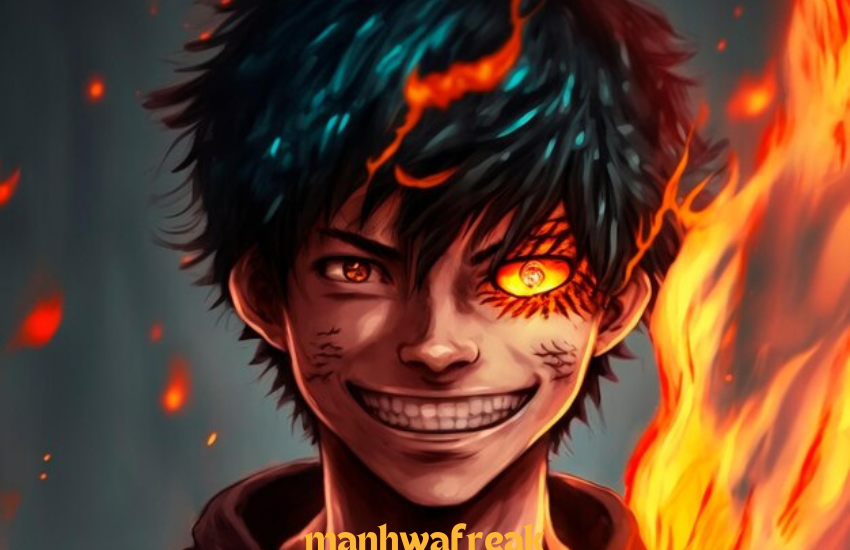
Post-War Era and Modern Manhwa
The post-war era saw a resurgence in Korean culture, and manhwa began to flourish. The 1980s and 1990s were a golden age, with the emergence of popular genres and iconic series. Today, modern manhwa encompasses a wide range of genres and styles, appealing to diverse audiences.
Popular Genres in Manhwa
Action and Adventure
Action and adventure manhwa are characterized by fast-paced narratives, dynamic characters, and thrilling plotlines. Titles like “The Breaker” and “Solo Leveling” are prime examples of this genre.
Romance and Drama
Romance and drama manhwa focus on emotional relationships and personal growth. Popular series like “True Beauty” and “Cheese in the Trap” highlight the complexities of love and human interaction.
Fantasy and Science Fiction
Fantasy and science fiction manhwa transport readers to imaginative worlds filled with magic, advanced technology, and mythical creatures. “Tower of God” and “The Gamer” are well-known titles in this genre.
Horror and Thriller
Horror and thriller manhwa are designed to evoke fear and suspense. Series like “Killing Stalking” and “Sweet Home” offer gripping and often disturbing storylines that keep readers on the edge of their seats.
Notable Manhwa Titles and Series
Classic Manhwa Series
Classic manhwa series have stood the test of time and continue to be beloved by fans. Titles like “The Great Catsby” and “Priest” are considered classics in the manhwa world.
Contemporary Manhwa Hits
Contemporary manhwa hits like “Noblesse” and “Lookism” have gained international acclaim, showcasing the versatility and creativity of modern manhwa creators.
Award-Winning Manhwa
Award-winning manhwa such as “Yumi’s Cells” and “My ID is Gangnam Beauty” have been recognized for their exceptional storytelling and artistic excellence.
Manhwa Artists and Authors
Renowned Manhwa Creators
Renowned manhwa creators like Kim Jung Gi and Boichi have made significant contributions to the industry, known for their distinctive art styles and compelling narratives.
Emerging Talents in Manhwa
Emerging talents in the manhwa scene are continuously pushing the boundaries of the medium. New artists and writers bring fresh perspectives and innovative techniques to manhwa storytelling.
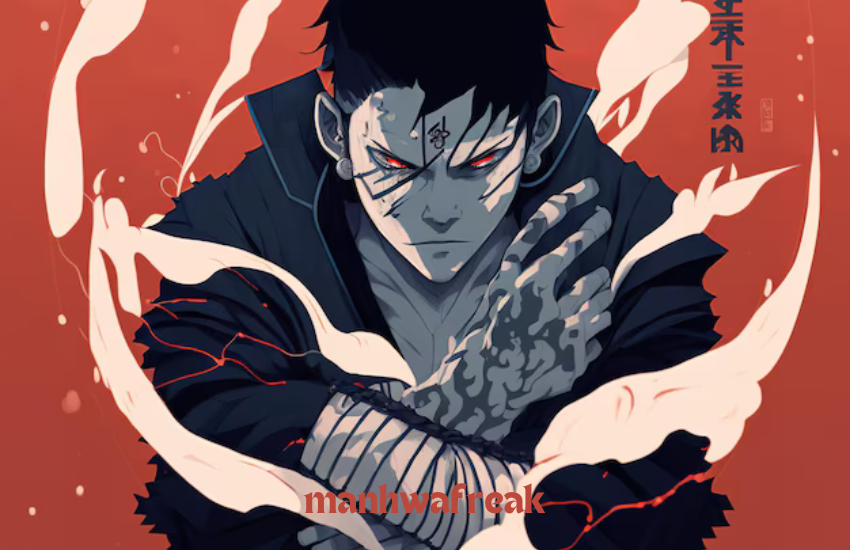
Digital Manhwa and Webtoons
Rise of Webtoons
Webtoons, a digital format of manhwa designed for scrolling on smartphones and tablets, have revolutionized the way people consume comics. Platforms like LINE Webtoon and Lezhin Comics have popularized webtoons globally.
Differences between Traditional Manhwa and Webtoons
Traditional manhwa is often published in print and follows a more conventional panel layout, whereas webtoons are designed for digital reading with a vertical scroll format. This difference in format influences the pacing and storytelling style.
Popular Webtoon Platforms
Popular webtoon platforms include LINE Webtoon, Tapas, and Lezhin Comics. These platforms offer a wide range of genres and allow creators to reach a global audience.
Impact of Manhwa on Global Pop Culture
Influence on Other Comics and Media
Manhwa has influenced other comics and media, including manga, Western comics, and animation. The unique storytelling and artistic styles of manhwa have inspired creators worldwide.
Manhwa Adaptations: TV Shows and Movies
Many manhwa series have been adapted into successful TV shows and movies. Titles like “Sweet Home” and “Itaewon Class” have gained international popularity through their screen adaptations.

